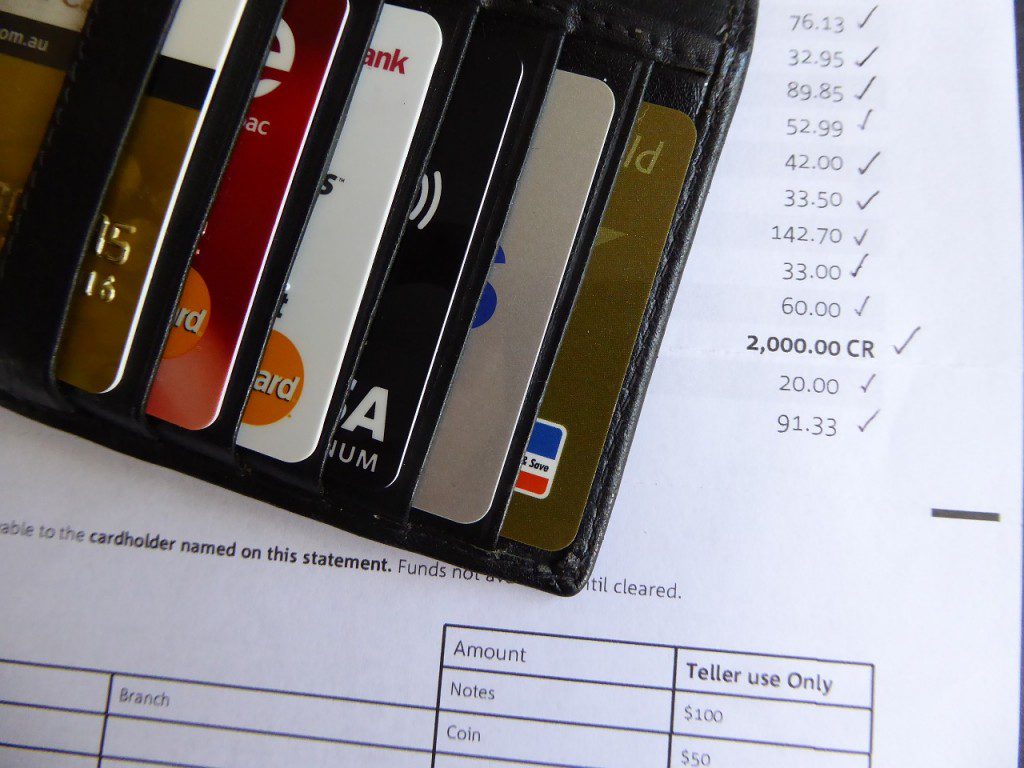


Spring Clean Your Finances
A quick Google of ‘Spring Clean’ will throw up a million and one Buzzfeed articles or ‘life hacks’ on how to make spring-cleaning easier and quicker. You’ll find tips about using cola to clean the toilet, lemon to clean the taps and vinegar to clean just about anything.
When you’re done cleaning your worktops with baking soda and your windows with newspapers, why not try spring-cleaning your finances with our handy hints:
Work out what you’re spending
Keeping track of your income and outgoings gives you a great snapshot of your finances. It can help highlight any problem spending areas and where you can potentially make savings. To get started, you’ll need copies of your recent bills, wage slips and bank statements. Tally them up and write them down (or use a spreadsheet), including your other main monthly outgoings. Compare this to your monthly income to quickly see your spending patterns and how much you have left over at the end of every month. There are also online tools to help you while budgeting or your bank or building society may have an online tool which takes information directly from your transactions. Alternatively you can talk to us.
Protect what matters
Spring-cleaning your protection insurance is also important as you’ll want to make sure you have the right cover for your current circumstances when you need it.
If you’re renting a property you will want to protect your belongings. If you have just bought a home you’ll need to make sure both your home and possessions are adequately covered. You may even want to consider accidental damage cover or home emergency cover.
If you’ve recently had a baby, or you have others who depend on your income, make sure you have cover in place to provide financial security for those who depend on you should you become ill or die. Life insurance and critical illness insurance give you the peace-of-mind that you or your family could ‘weather a financial storm’.
Invest in an ISA
An Individual Savings Account (ISA) is a tax-efficient way of saving. In the current tax year (April 2016 to April 2017) the government allows you to put up to £15,240 into an ISA and it’s important to take advantage of this.
You can save your money in one cash ISA or one stocks and shares ISA, or split the allowance across both types. A cash ISA means you don’t pay tax on saving accounts interest. A stocks and shares ISA means you don’t pay tax on any income or capital gains you’ve made on your investments – but obviously there’s more risk involved in the latter. The tax efficiency of ISAs is based on current rules. The current tax situation may not be maintained. The benefit of the tax treatment depends on individual circumstances.
Although there is no fixed term, you should consider stocks and shares ISAs to be a medium to long term investment of ideally five years or more.
The value of your stocks and shares ISA and any income from it may fall as well as rise and is not guaranteed. You may get back less than you invest.
Get trusted advice
Discussing your financial needs with an expert can make managing your finances simpler. We can help you establish a financial plan that’s designed around your specific needs, make sure it stays on track, and provide ongoing advice that will help you achieve your goals.




